
Arts & Culture
Ancient teens were full of existential angst too
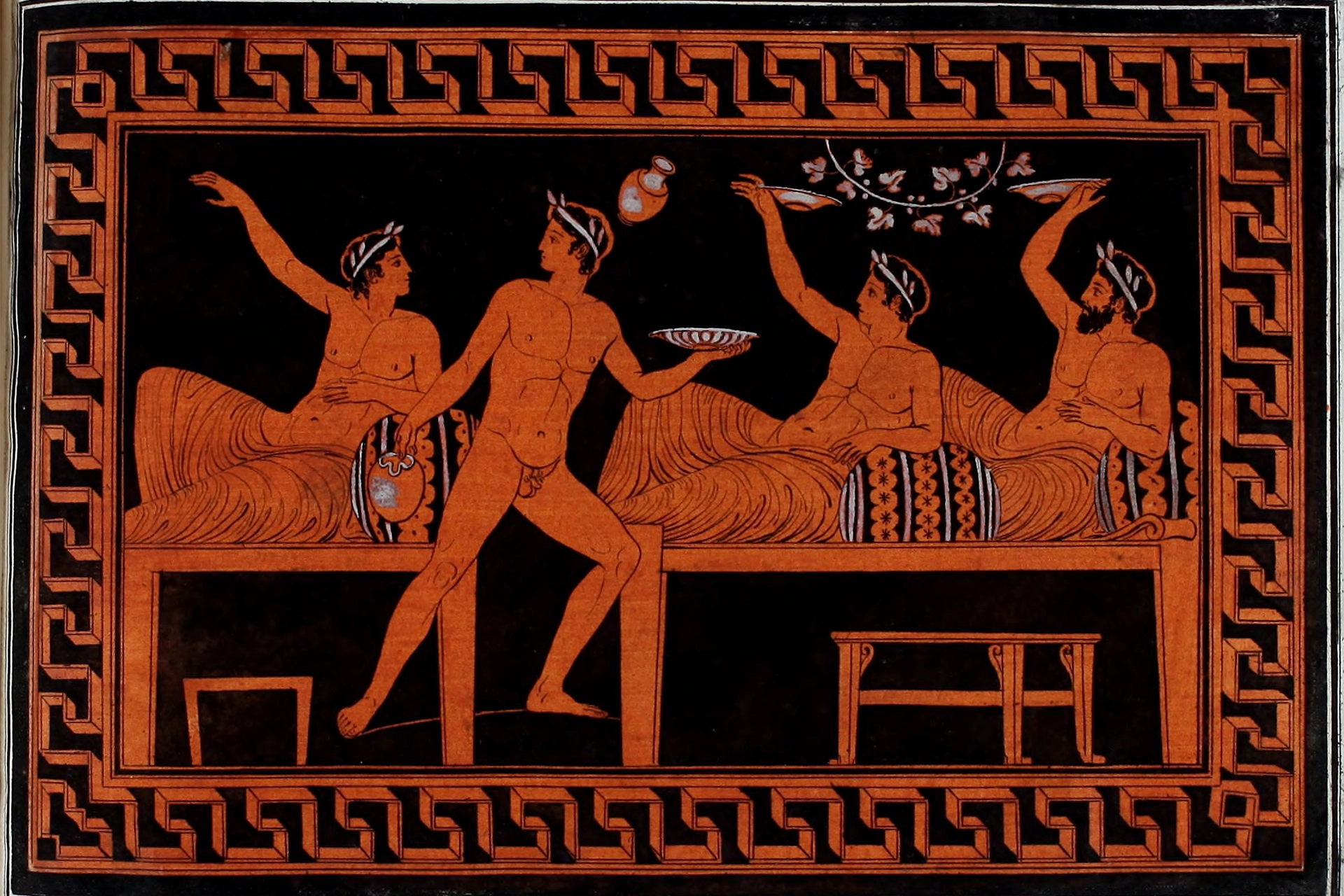
The Ancient Greeks and Romans had a lot to say about longevity and good health – some of it remains true today
Published 6 November 2024
According to ancient records, the famous Greek writer and speaker Gorgias of Leontini lived to be over a hundred years old. He was born in 485 BC and died around 380 BC.
When Gorgias was in his old age, people asked him how he’d managed to live such a long life.
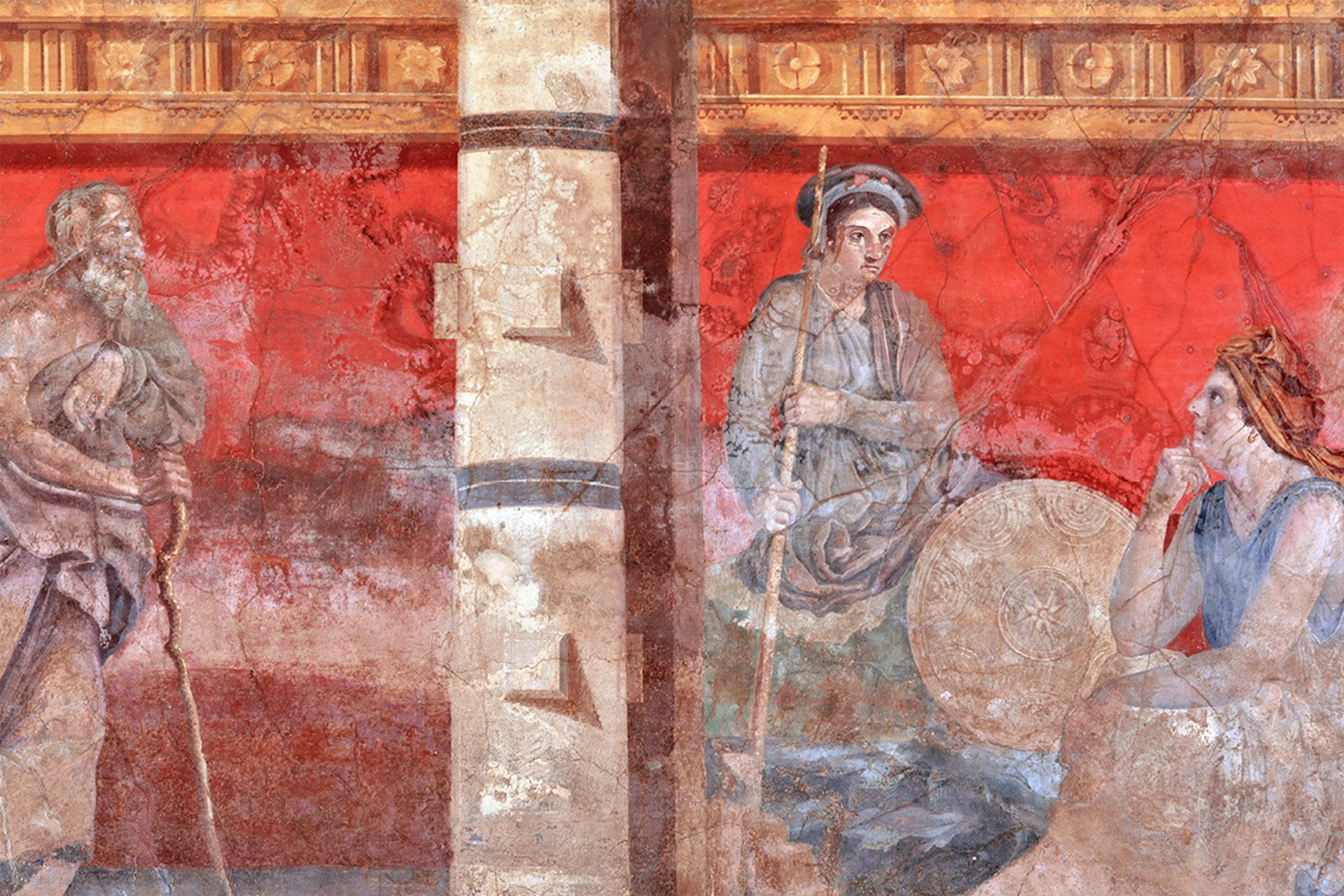
“I never did anything for the sake of pleasure,” was one answer he gave.
Another was, “I never did anything for the sake of another person.”
These responses are probably tongue-in-cheek (Gorgias was well known for his wit). But according to other reports, the secret to Gorgias’ long life was simple – he lived moderately.
Today, many people still want to know how to live in a way that will help keep them healthy and happy for a long, long time. In the ancient past, some of history’s greats pondered this question too.
So, what did ancient people think and do about longevity?

Arts & Culture
Ancient teens were full of existential angst too
In around 100 AD, Pliny the Younger wrote a description of the daily routine of Titus Vestricius Spurinna (c. 24–105 AD), an eminent man who had been a senator and consul in Rome.
Spurinna kept a well-ordered routine even over the age of 70, mixing exercise with pleasure.
“Every morning he stays in bed for an hour after dawn, then calls for his shoes and takes a three-mile walk to exercise mind and body,” Pliny wrote.
“When summoned to his bath in the afternoon, he first removes his clothes and takes a walk in the sunshine if there is no wind, and then throws a ball briskly for some time, this being another form of exercise whereby he keeps old age at bay.
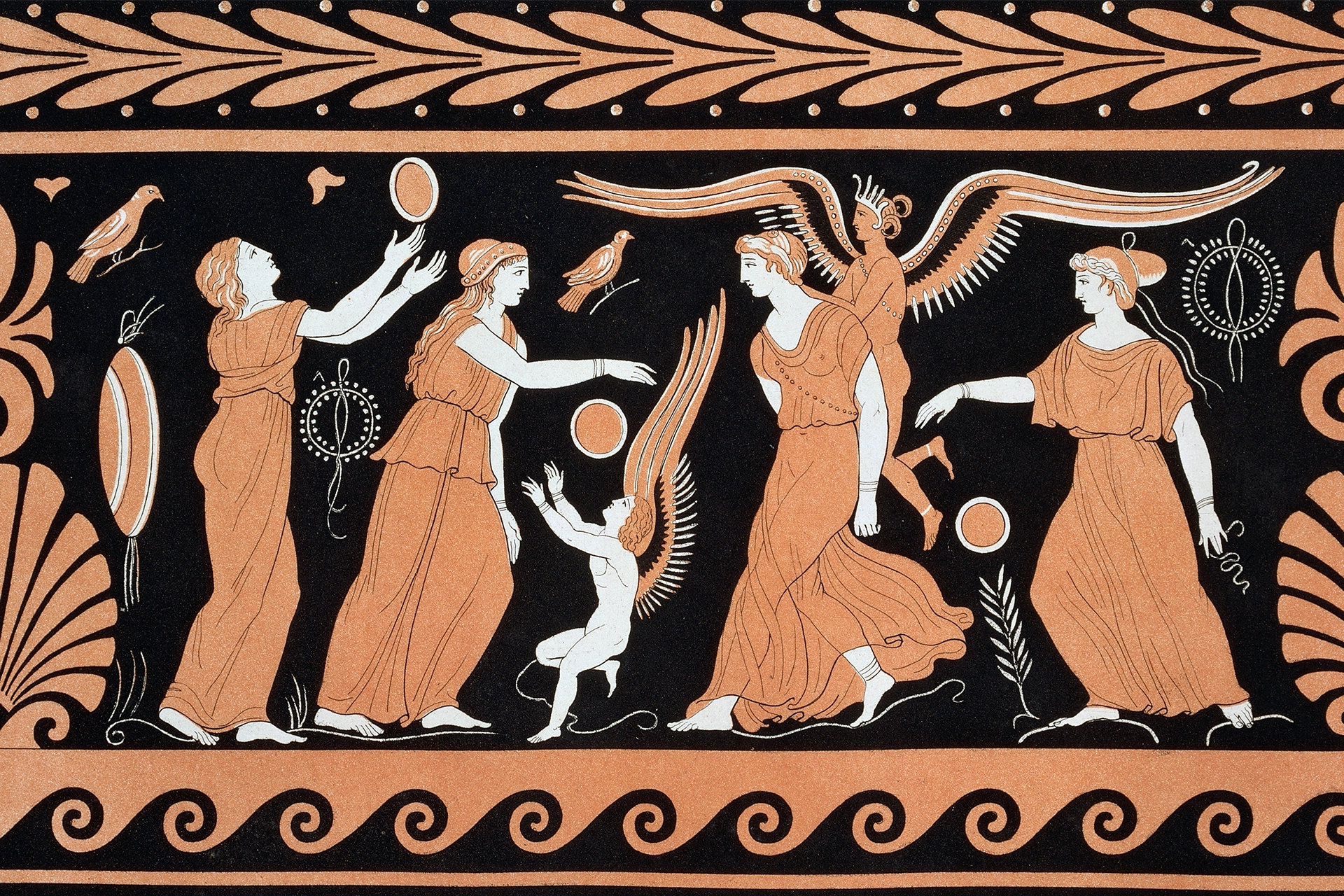
“After his bath he lies down for a short rest before dinner, and listens while something light and soothing is read aloud.”
Long walks (clothed or naked), ball games and listening to a good book – a simple but effective routine.
The result of this routine, according to Pliny, was that Spurinna was in top health.
“Spurinna has passed his seventy-seventh year, but his sight and hearing are unimpaired, and he is physically agile and energetic; old age has brought him nothing but wisdom.”

Health & Medicine
Is there a science to staying alive longer?
The Roman medical author Aulus Cornelius Celsus was probably born in around 40 AD. He wrote a book called On Medicine (De Medicina in Latin) which was extremely influential.
In this book, Celsus describes the sorts of things a person should do to enjoy a healthy life. A large part of the book is devoted to advice about lifestyle.
At the start of On Medicine, Celsus talks about how health is influenced by factors like environment, what people eat and drink, how much sex they have and what sorts of exercise they do.
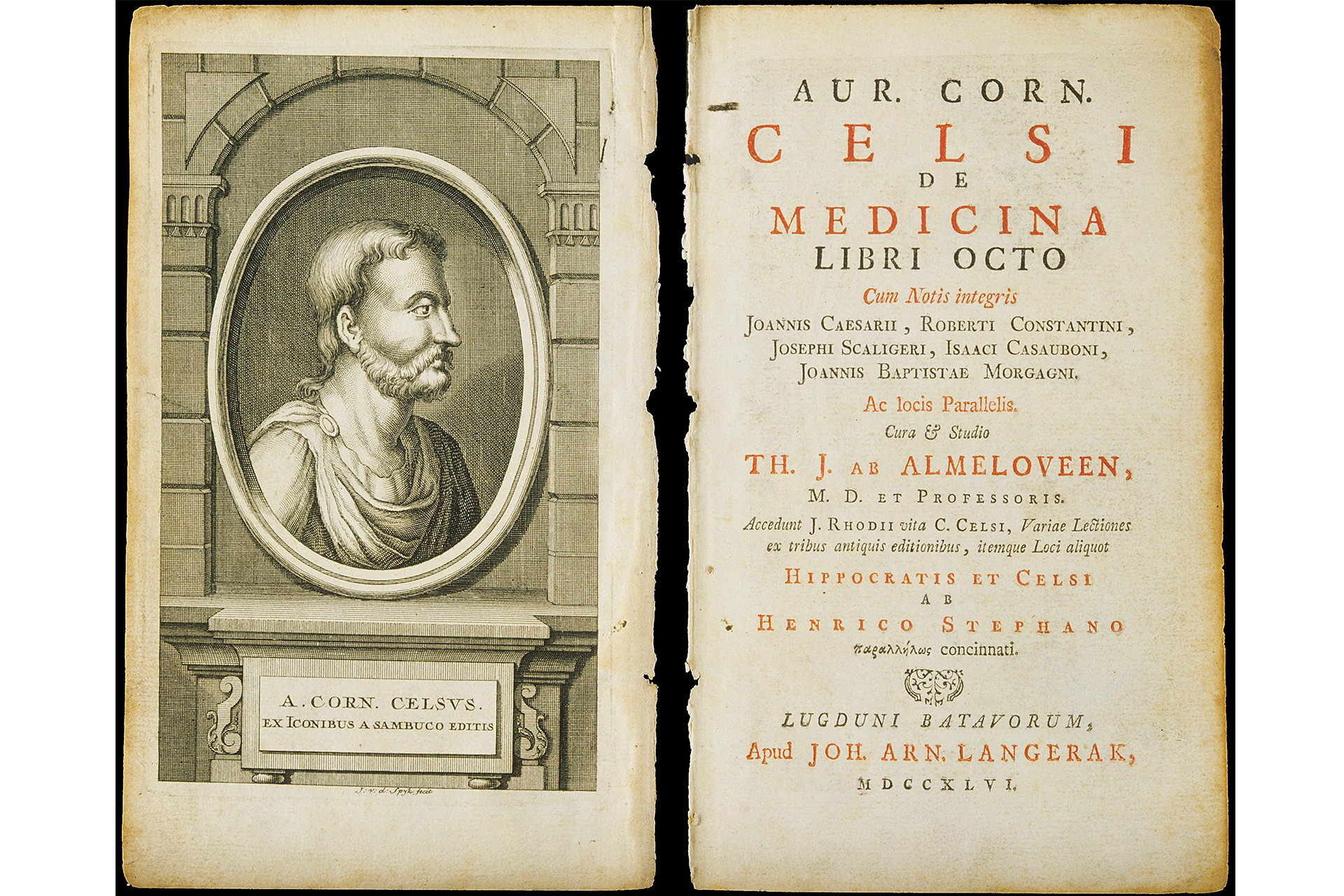
According to Celsus, variety is key:
“A person’s kind of life should afford him variety. He should be now in the country, now in the town, and more often about the farm. He should sail, hunt, rest sometimes, but more often take exercise.
“For whilst inaction weakens the body, work strengthens it; the former brings on premature old age, the latter prolongs youth.”
Celsus believed exercise was crucial, and recommended daily exercise for everyone.
Walking, running, ball games (similar to modern handball) and military-style drills are all helpful according to Celsus, along with, perhaps surprisingly, reading a book out loud.

Arts & Culture
Think you know your Ancient History?
The famous physician Galen (c. 129–216 AD) worked in Rome and noticed that most of the health issues he saw in his patients were caused by bad lifestyle.
“Every year I see very many who are sick through such a cause”, he said.
Galen attributed his patients’ poor health to a number of lifestyle factors:
“…living an idle life, or working too hard, or being in error regarding the qualities, quantities, or times of foods, or practicing some exercise that is harmful, or erring in regard to the amount of sleep, or excessive indulgence in sex, or needlessly tormenting themselves with grief and anxiety.”
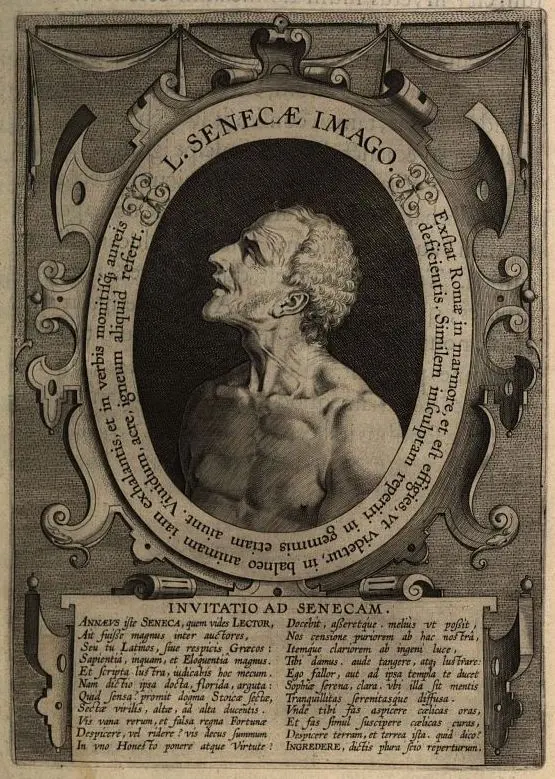
Galen praised the habits of another physician he knew, Antiochus, who even in his eighties still took a long walk each day and maintained a strict diet.
Bread with honey, deep-sea fish, gruel with oxymel (a mixture of honey and vinegar), and bird meat with a simple sauce were favourite foods of Antiochus.
“Looking after himself in old age in this way, Antiochus continued on until the very end, unimpaired in his senses and sound in all his limbs,” Galen wrote.
On the other hand, Galen criticised one of his younger patients who he described as weak and with a bad pulse.
“The young man was about eighteen years old, pale in appearance, and fat, living a rather idle life, and had often previously engaged in drinking bouts, continual baths, and eating excessively, so that he did not digest his food properly.”

Sciences & Technology
Improving half the world's diet
Healthy living is just as important today as it was in the ancient past.
The World Health Organization (WHO) recognises that many people are still getting sick because of their unhealthy lifestyles, in many cases caused by bad habits and bad behaviours.
The ancients had a solution to this too – when it comes to keeping healthy, good daily habits must be cultivated.
As Seneca (4 BC–65 AD) said, “part of health is to want to be healthy”.
So, following some of the simple habits the ancients practiced, along with actually wanting to maintain these habits into old age, could be the keys to living a longer and healthier life.